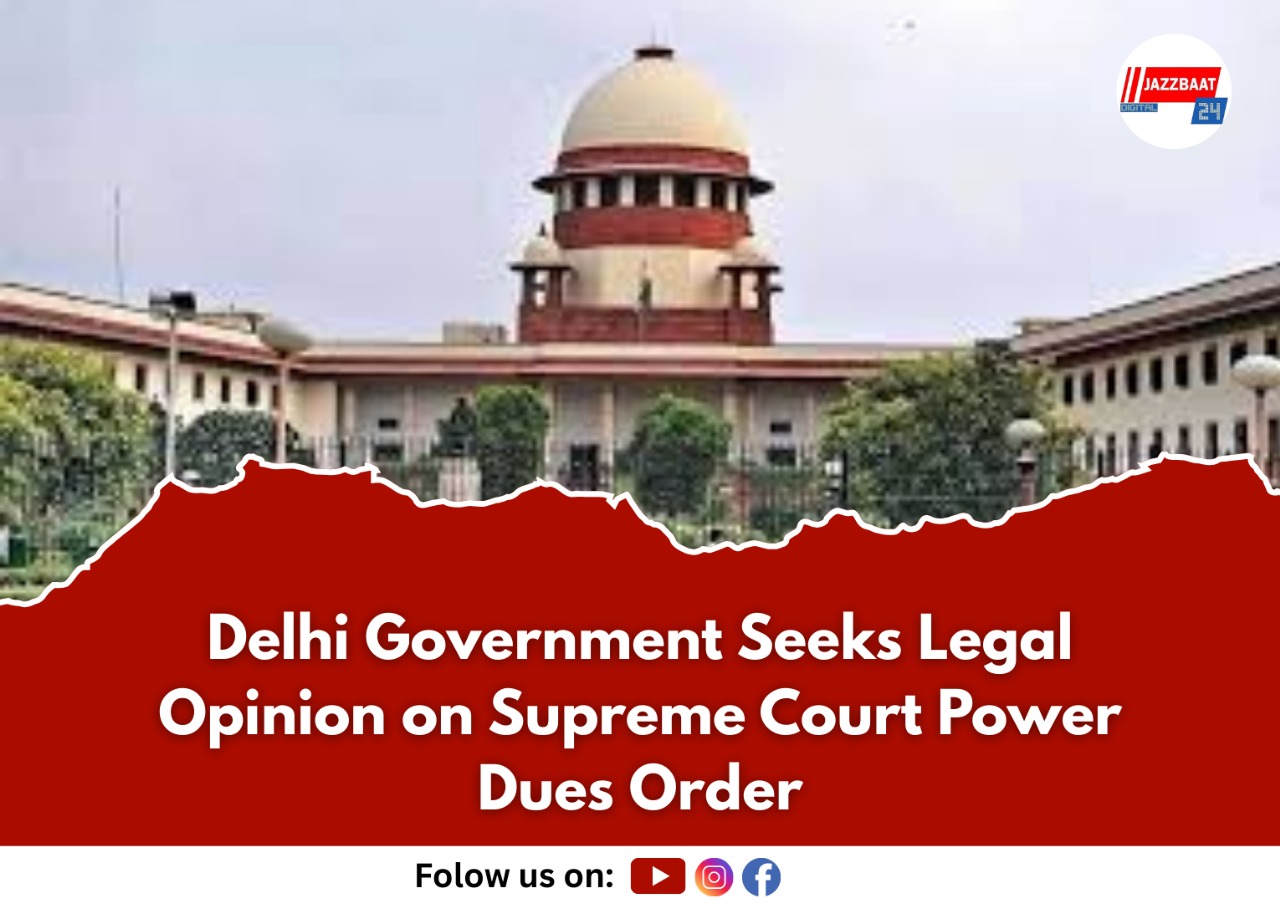
New Delhi:
The Delhi government is in the process of obtaining legal advice on the recent Supreme Court directive requiring it to clear dues amounting to ₹27,000 crore to the capital’s three electricity distribution companies (discoms). Officials indicated that the government is likely to approach the apex court shortly to seek an appropriate legal remedy.
The Supreme Court’s order concerns long-standing regulatory assets costs incurred by discoms that have not yet been recovered from consumers through tariffs which have accumulated over the years. The court has directed that these liabilities be settled, prompting the Delhi government to examine its legal options before proceeding.
Speaking on the matter, Delhi Power Minister Ashish Sood attributed the size of the current dues to the policies of the previous Aam Aadmi Party (AAP) administration. “Due to the corruption and mismanagement of the AAP government, the regulatory assets rose to over ₹27,000 crore from ₹8,000 crore in 2014,” Sood said.
The term “regulatory assets” refers to deferred costs that electricity distribution companies are allowed to recover from consumers in future, often with the approval of the relevant electricity regulatory commission. However, the significant increase in these assets over the past decade has been a matter of contention between the government, the discoms, and other stakeholders.
The Delhi government’s current deliberations focus on how to balance the legal obligation to comply with the court’s order against the financial implications for the state exchequer and electricity consumers. Officials have not ruled out the possibility of phased payment arrangements or other mechanisms that could mitigate the immediate impact of the payout.
The city’s three discoms BSES Rajdhani Power Limited, BSES Yamuna Power Limited, and Tata Power Delhi Distribution Limited have argued that the recovery of these regulatory assets is essential for maintaining operational stability, ensuring timely payment to power generation companies, and sustaining investment in infrastructure.
While the government has yet to announce its formal position in court, the issue has already sparked political debate. The opposition has criticised past governance for allowing the dues to escalate, while consumer advocacy groups have voiced concern over the potential for higher tariffs if the burden is passed on to end-users.
Industry analysts note that the resolution of this dispute will be a key indicator of Delhi’s broader energy sector policy. Ensuring the financial health of discoms while protecting consumer interests will require careful negotiation and possibly regulatory reforms to prevent such large accumulations of unpaid dues in future.
As the legal review continues, the Delhi government faces the dual challenge of complying with the Supreme Court’s ruling and managing the political and financial fallout. A decision on the next course of action is expected once the legal consultation process is completed and the matter is placed before the court for further consideration.